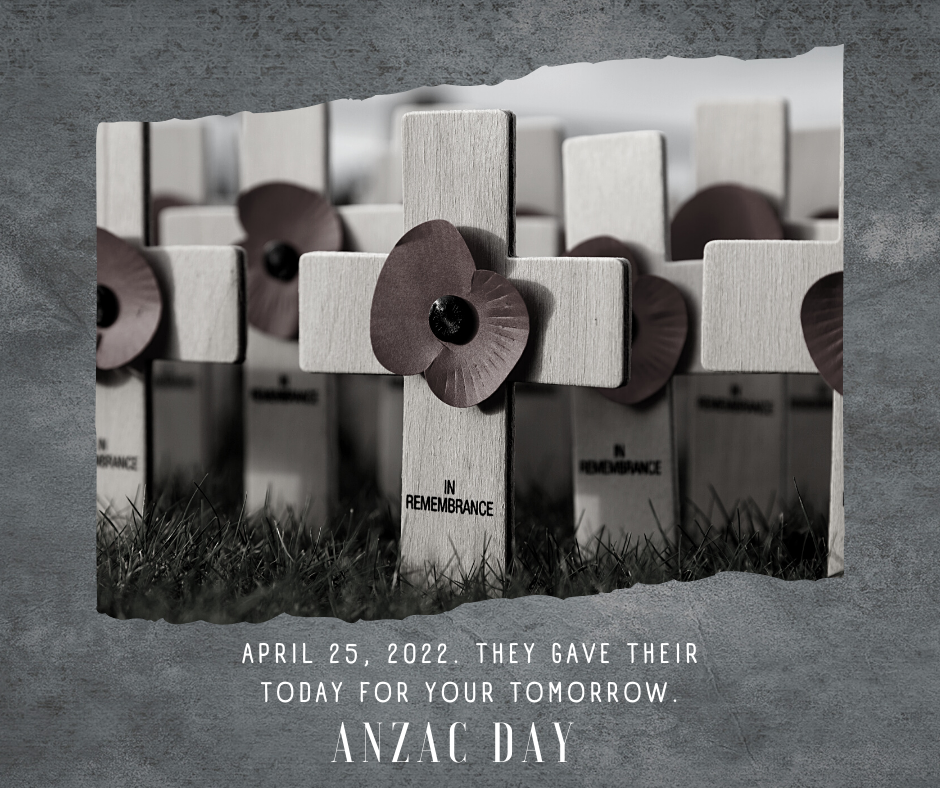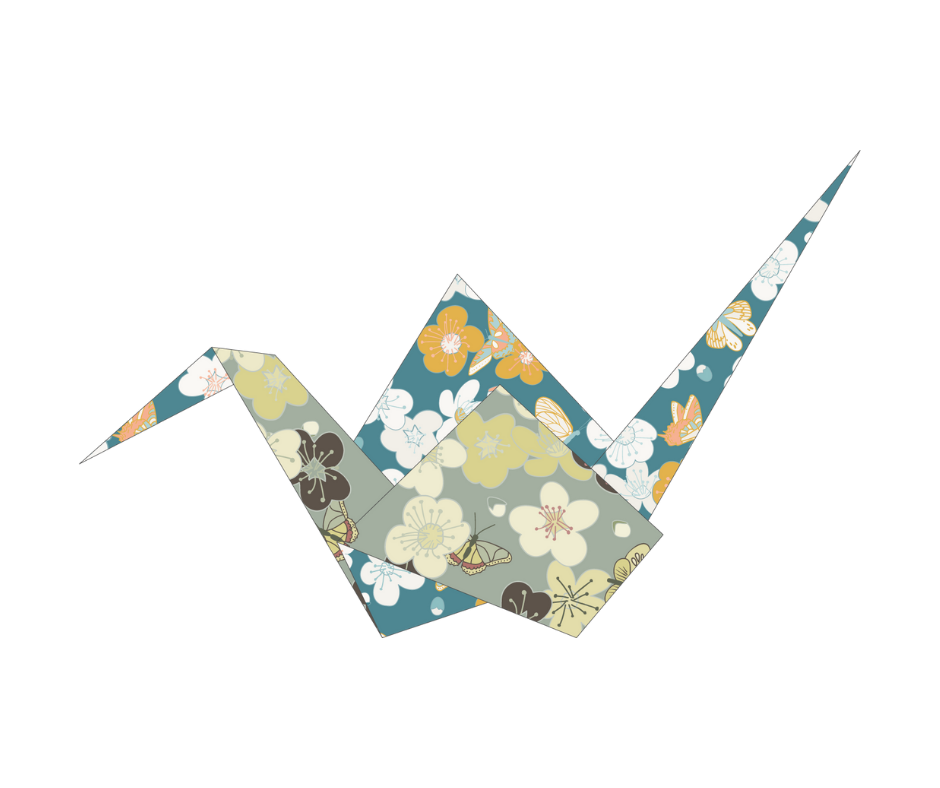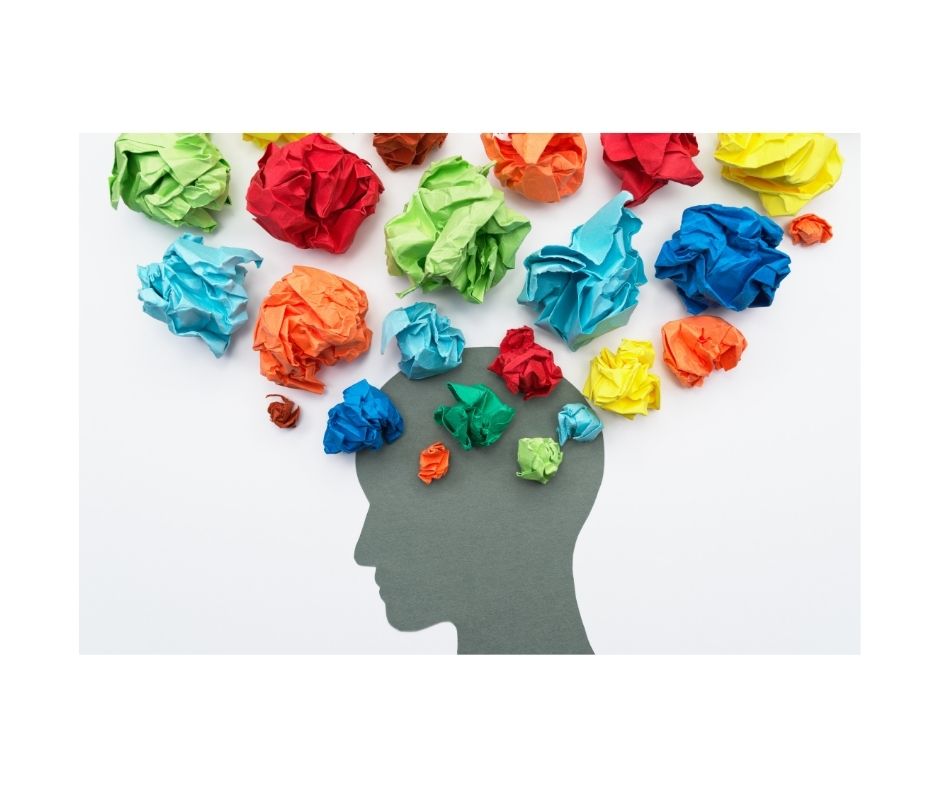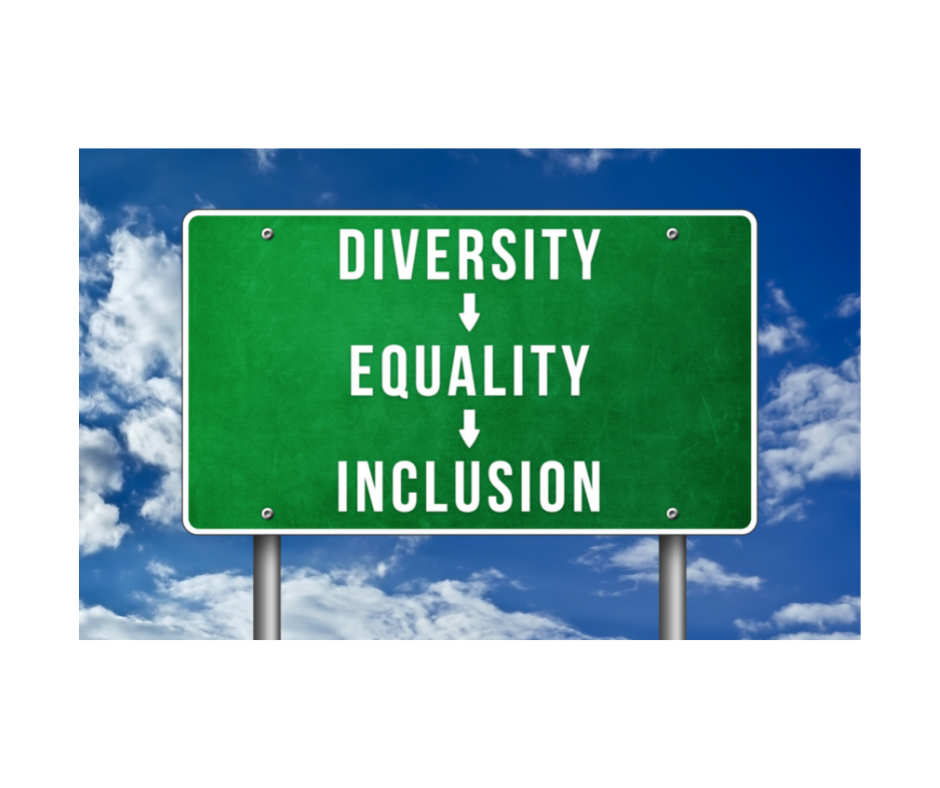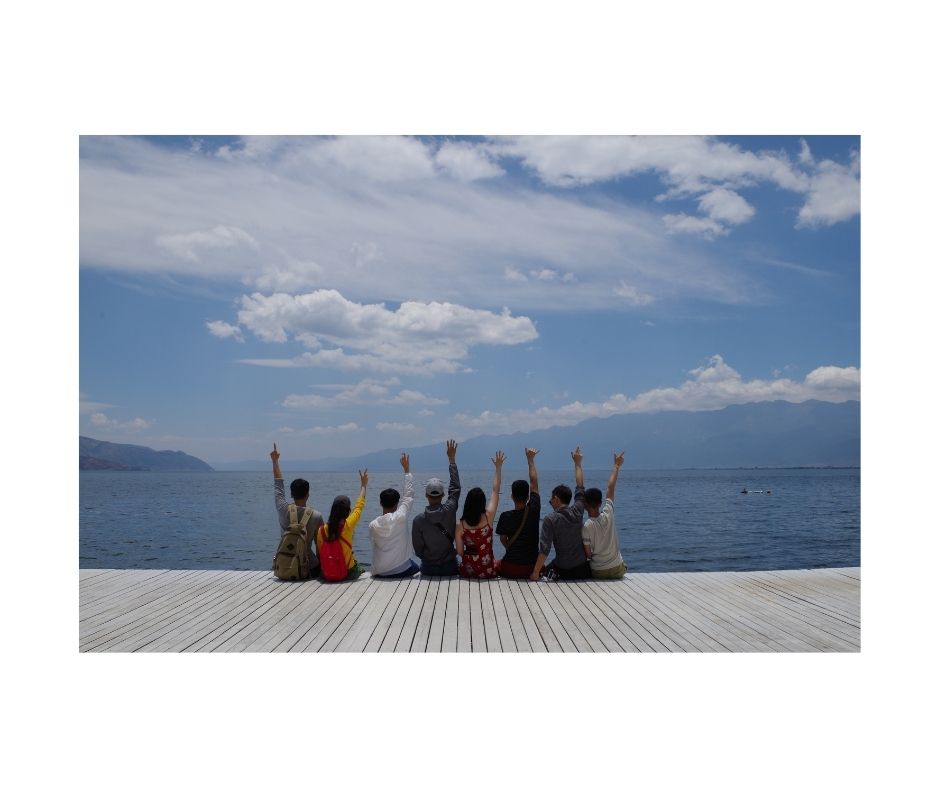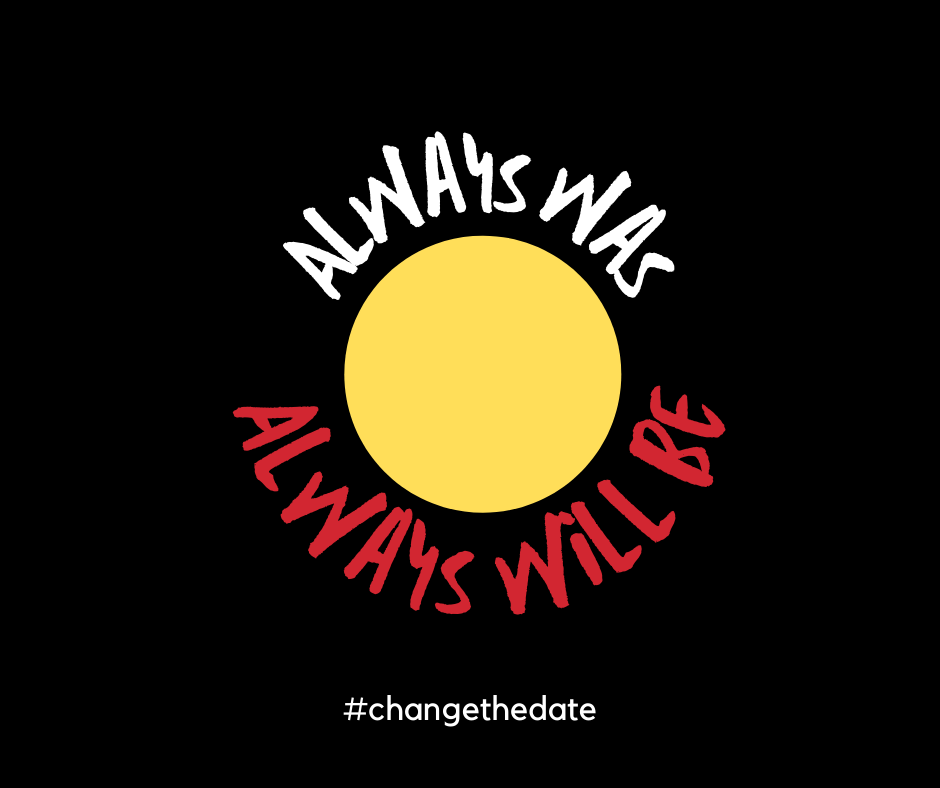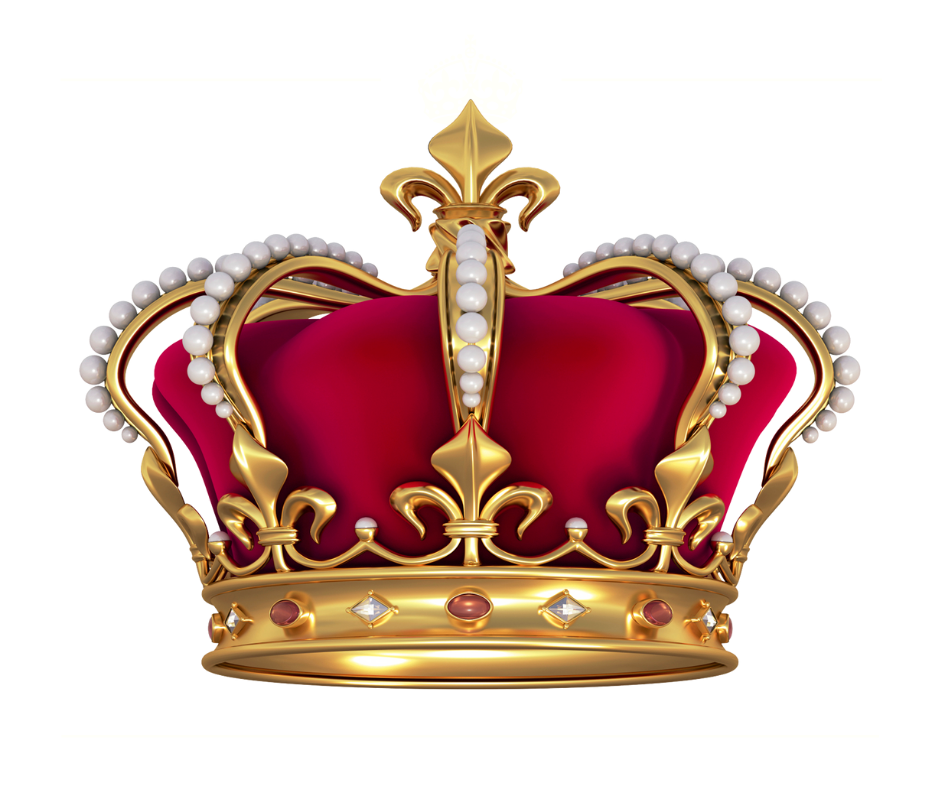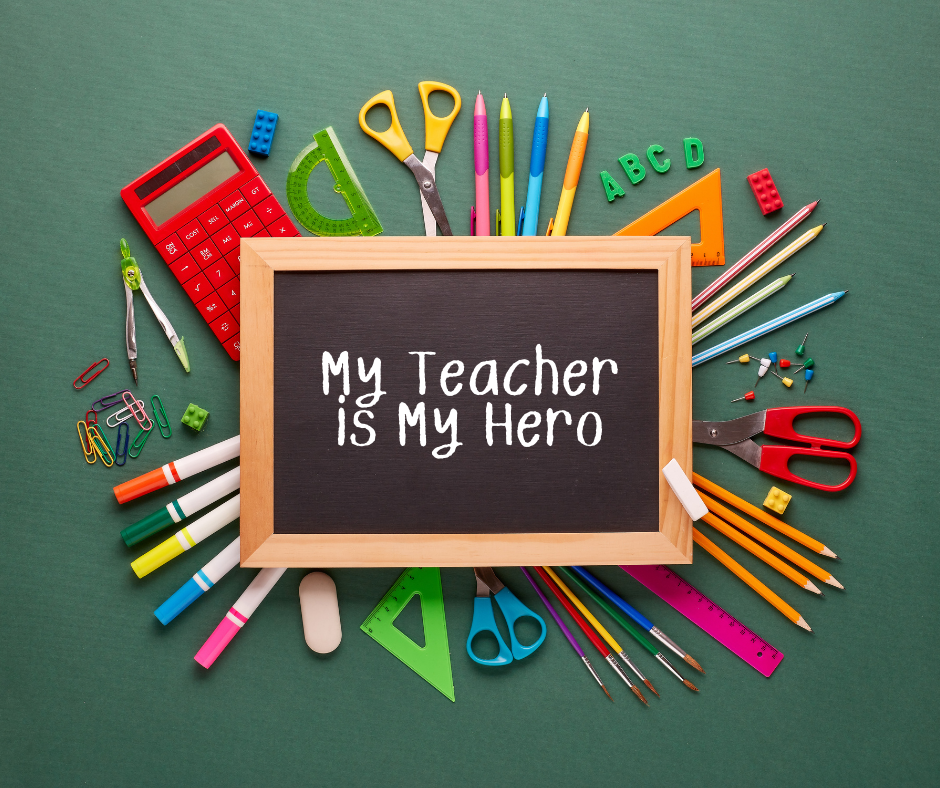I recently attended the ‘Gallipoli: The Scale of Our War’ exhibition at Te Papa museum in Wellington, New Zealand. It was a very detailed, graphic and sensory exhibition. There were even giant sculptures of people crafted which had voice overs of stories being echoed. My sister and I noticed the detail in these sculptures, right down to the individual body hair embedded into them. The detail in this exhibition was prominent and something which we noticed throughout our journey. It was clear that a key goal of the exhibition was to transport people into the period of World War I and into experiences of soldiers. The specificity of the exhibition was what made it so important and had a real impact in informing, on what ANZAC’s really experienced and sacrificed. It’s important to maintain that level of awareness of history and understand atrocities in a way which does not induce lethargy.
The connection of empathy over time, which I feel ANZAC DAY achieves, is incredible as often people experience emotional fatigue when remembering sad experiences and events. I think that within the world there is always so much going on with protracted conflicts and emerging crisis’ that a number of us mentally switch off to what’s going on. I don’t know the answer to maintaining healthy attention to world issues apart from finding a balance between sadness, grief and loss with joy, achievement and honour. I feel that many ANZAC Day ceremonies achieve this balance by commemorating people and showing support for peace; as well as expressing love and respect for all people who have served in war and conflict, who have now passed away.
ANZAC Day is a public holiday for Australian’s and New Zealander’s, and a day which is celebrated and honoured by many. It is a good reminder to remember and honour people who have endured and sacrificed so much. The concept of not forgetting and trying to recreate experiences to share understanding is important. Ideally this should be a significant contributing factor in trying to avoid repeating history. There are some people who try to use ANZAC Day as a platform to advocate for remembering people who served in war in conjunction with lessons learned from war and conflict. The concept of ‘lessons learned’ is essential in every situation but especially in contexts like this. Too often through emotional fatigue do we then water down lessons learned from something or over time we forget or diminish the importance of what we have learned. In some instances we may forget completely and then repeat history or cycles of violence. I’ve always believed in remembering and giving time to reflect and honour experiences even the negative ones, as there is always so much to be learned from them. ANZAC Day has a strong association with not forgetting what people experienced in Gallipoli during World War I and more broadly across wars and conflicts. If anything can be taken from the day it should be to never forget and always remember what has been learned from history.


